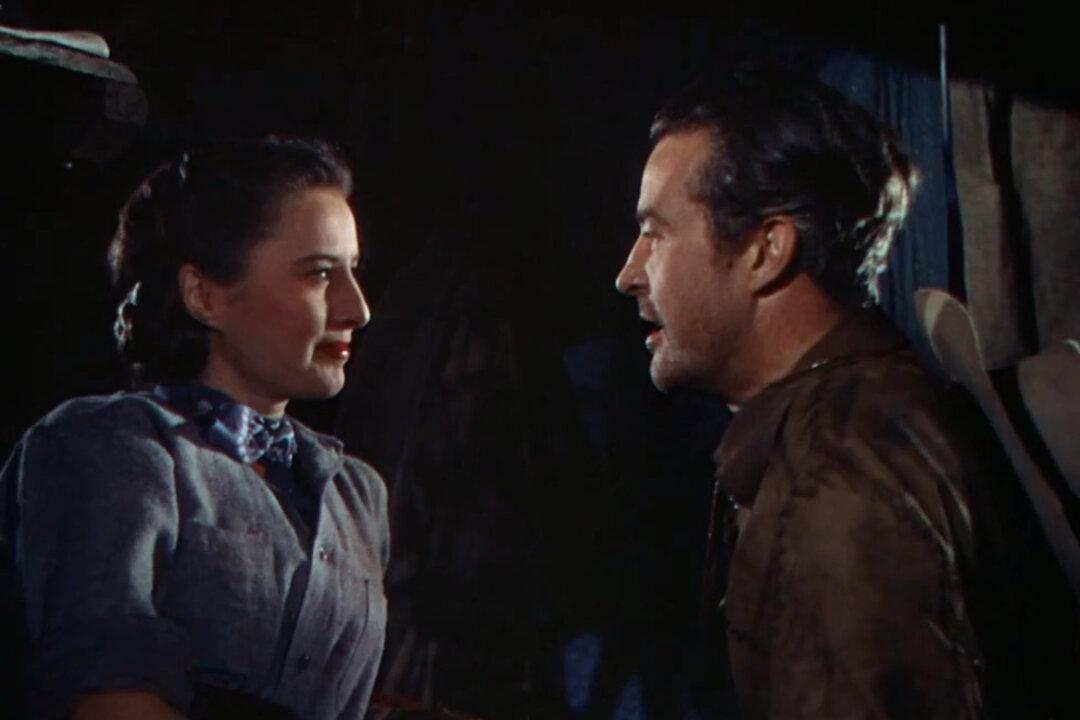1947 | NR | 1h 37m | Western
Virtually every great actor from Hollywood’s Golden Age starred in at least one or two Westerns that included the American Gold Rush (also known as “gold fever”) of the 19th century as their backdrops.

1947 | NR | 1h 37m | Western
Virtually every great actor from Hollywood’s Golden Age starred in at least one or two Westerns that included the American Gold Rush (also known as “gold fever”) of the 19th century as their backdrops.